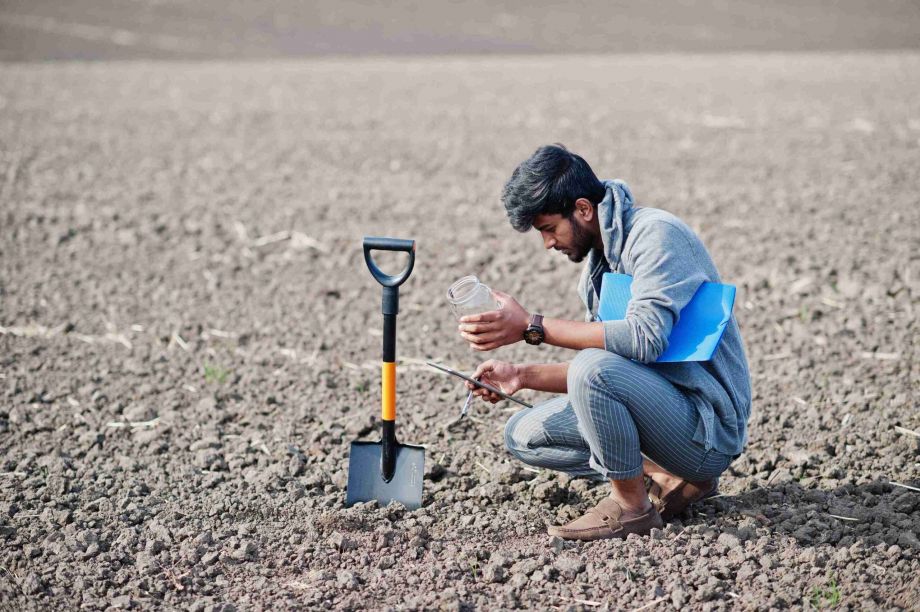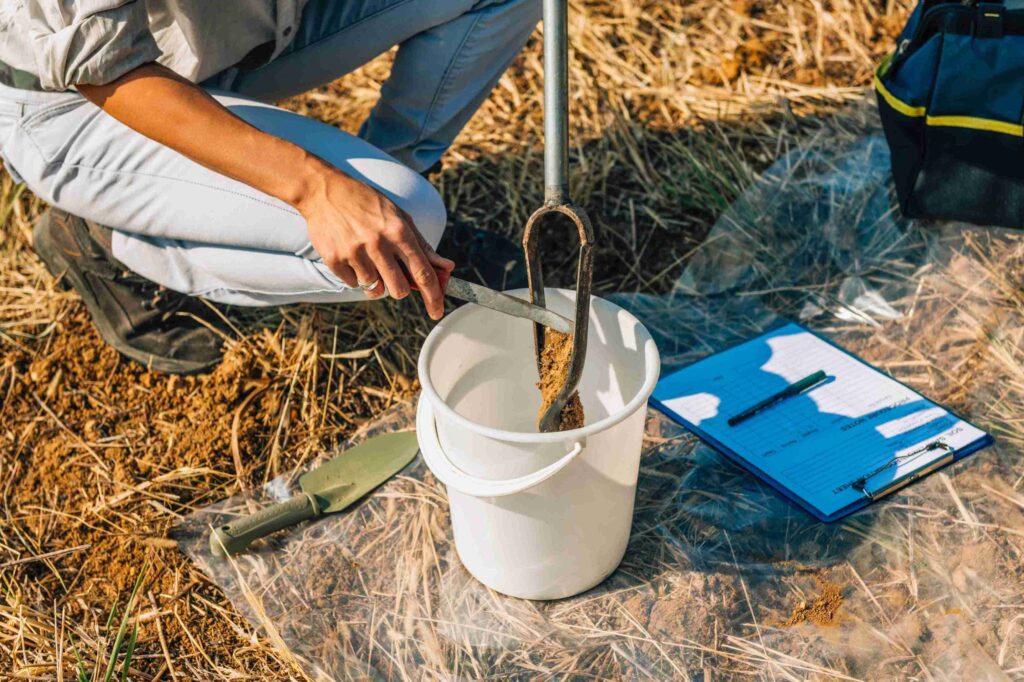
What To Do If Your Land Fails A Perc Test? (Your Options)
So, your land failed a perc test. Ugh, right?
You probably imagined building your dream home, setting up that cabin, or finally starting that off-grid lifestyle, and now you’re staring at a failed test and wondering what’s next.
The good news is that it’s not game over. There are still ways to make the land work for you.
In this post, we’ll show you what to do if your land fails a perc test.
What Does It Mean If Your Land Fails A Perc Test?
A perc test (short for percolation test) is basically a soil drainage test. It tells the county or health department how well your soil can absorb water.
This is super important for installing a septic system.
If water just sits in the ground and doesn’t soak in fast enough, it can back up into your yard or pollute nearby water sources.
So, if your land fails, it usually means the soil is too dense (think clay-heavy), too rocky, or just holds too much water. And unfortunately, that means a traditional septic system won’t work there without some extra planning.

Also Read: How Much Does Stormwater Management Cost?
What To Do If Your Land Fails A Perc Test?
A failed test sounds like a huge roadblock, but it doesn’t have to be the end of your plans.
In many cases, there’s still a way forward and you just might need to get creative, do a little extra legwork, or consider a different type of setup.
Let’s go through some practical steps you can take next:
#1 Double-Check The Results
Before making any big decisions, it’s smart to make sure the failed perc test was accurate.
Soil conditions can change depending on the location, time of year, or even recent weather. If the test was only done in one spot, there’s a chance another area on your land could pass.
You might want to try testing in a different location or wait until a drier season if the ground was especially wet the first time around.
It’s also totally fair to bring in a second opinion, like hiring a private soil expert or engineer to retest and double-check things.
Sometimes what looks like a failure at first can be worked around with just a little more information.
Also Read: How Much Does A Perc Test Cost?
#2 Talk To The Local Health Department Or A Septic Designer
This is your next best move. Your local health department knows all the rules and might have already seen land like yours before.
They can walk you through your options, point you to qualified septic system designers, and explain what kinds of systems are allowed in your area.
You can also go straight to a licensed septic designer or soil engineer.
These people know how to work around tricky soil and failed perc tests. They’ve probably seen it all and can usually suggest a custom plan.

This isn’t something you need to figure out alone so lean on the people who do this every day.
#3 Explore Alternative Septic Systems
Just because your land can’t handle a standard septic system doesn’t mean you’re out of luck. There are modern systems made specifically for tough soils and low drainage.
Here are a few that might work:
- Mound systems
- Aerobic treatment units (ATUs)
- Sand filter systems
- Drip distribution systems
For example, mound systems raise the drain field above ground level using sand or gravel to help with absorption. Aerobic treatment units use oxygen to break down waste and are great for properties where the soil just won’t cooperate.
There are also sand filter systems and drip distribution systems that release water slowly or clean it more thoroughly before it even hits the soil.
These systems usually cost more and need regular maintenance though.
#4 Consider Land Modifications
Sometimes the land just needs a little help. You might be able to improve the drainage enough to pass a future perc test or make a septic system possible with a few changes.
This might include:
- Bringing in sand or gravel to loosen up compact soil
- Digging out poor soil and replacing it with more suitable layers
- Re-grading parts of the property to direct water runoff away
- Installing drainage systems like French drains or dry wells
These types of fixes aren’t cheap, but in some cases, they’re worth it – especially if you’re set on building in that specific spot.
#5 Look Into Off-Site Solutions
This one’s not always an option, but sometimes it works.
If you own neighboring land, or know someone who does, you might be able to install your septic system on a nearby lot instead. You’d need an easement agreement and health department approval, but it’s been done.
Also Read: How Much Does A Septic System Cost?
Another long shot: if there’s a public sewer line somewhere nearby, you might be able to pay to tap into it. It’s not cheap, but if it’s possible, it could save you the trouble of dealing with septic altogether.
Again, the health department can tell you if any of these are even on the table.
#6 Change How You Use The Land
If none of the above options pan out (or they’re just too expensive) you might decide to shift your plans for the land. And that’s okay, too. It doesn’t mean the land’s useless. It just might not be ideal for a full-time home with plumbing.
Here are a few other ideas:
- Use the land for recreational purposes (like hunting, camping, or hiking)
- Set up a small off-grid structure without plumbing
- Build a garage, workshop, or storage barn
- Lease or sell the land to someone with different plans
Some people even hang onto failed-perc land just to wait it out. If the area grows and sewer lines extend nearby, your land could become much more valuable in the future.
Bottom Line
If your land fails a perc test, you still have plenty of options. You can try a second test, look into alternative septic systems or modify the land.
Plus, even if a traditional septic system isn’t possible, there’s often a way to make the property usable.
The key is staying flexible, doing your research, and asking the right people for help.








